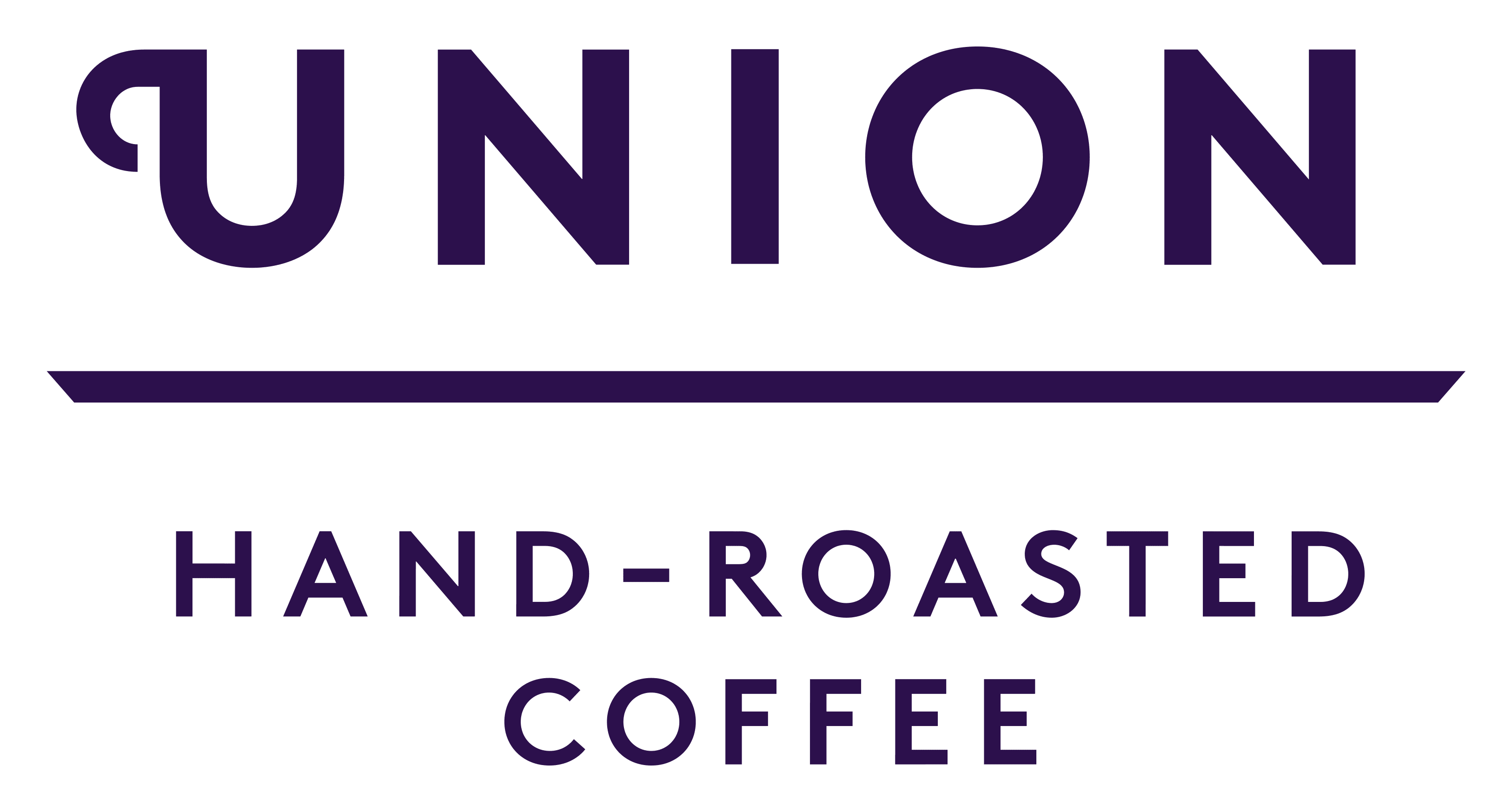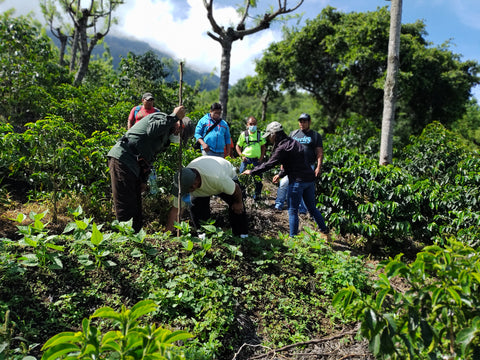Coffee’s roots trace back to Africa. A popular legend tells of a goat herder named Kaldi who was the first to discover the powerful properties of the coffee plant when his goats, after grazing on the bright red berries of the shrubs, became so energetic they were practically dancing.
Most coffee grown in Ethiopia comes from smallholder and subsistence farmers operating less than one hectare. In garden plantations farmers grow other crops such as Ensete a staple food. Coffee is brought to market via farmer co-operatives or privately-owned coffee processing facilities (washing stations).
Sidama Coffee Farmers Cooperative Union (SCFCU) was founded in 2001 to represent coffee producing cooperatives in Sidama Zone of southern Ethiopia. Today, SCFCU has grown to represent 53 primary cooperative societies and over 80,000 farmers (small holders) making SCFCU the second largest coffee producing cooperative union in Ethiopia.
Nearly all coffee produced by these cooperatives is shade-grown in low densities under canopies of indigenous trees. Members of SCFCU have been growing and processing Sidama type coffee for more than 35 years.
Fero cooperative is a member of SFCU, they have over 4000 members. Union has been purchasing from Fero primary cooperative since 2016. Fero means strong, in Amharic (the language or Ethiopia) and that is the impression we have from them. The cooperative is well organized, with a solid member base and understands the importance of traceability, transparency and quality. They are located in the district of Wonsho, near Yirgalem. The cooperative is Fairtrade and Organic certified which means none of their members apply agrochemicals on the coffee they grow. Only organic compost is used which is produced from the pulp (or skin) of the coffee cherry and is collected by farmers, at no cost, from the coffee washing station.
The cooperative has undertaken several initiatives to increase female participation within the organization which has resulted in an increase in female membership.
The cooperative produces certified Fairtrade coffee, for which they receive a premium payment. This is used for several initiatives, primarily for the construction of two schools in the town and also investments into quality improvements, including material to build raised coffee drying beds and warehouse improvement.
Fero has four coffee washing stations, and each is controlled by their own Industrial Manager who is responsible for the post-harvest processing from cherry to parchment. This is an important responsibility, requiring skill to delicately handle coffee processing through each step. The cherries are fermented for 36 hours, and then washed and soaked for another 12 hours, followed by drying this parchment coffee on raised African beds, for several days.
June 22, 2021


